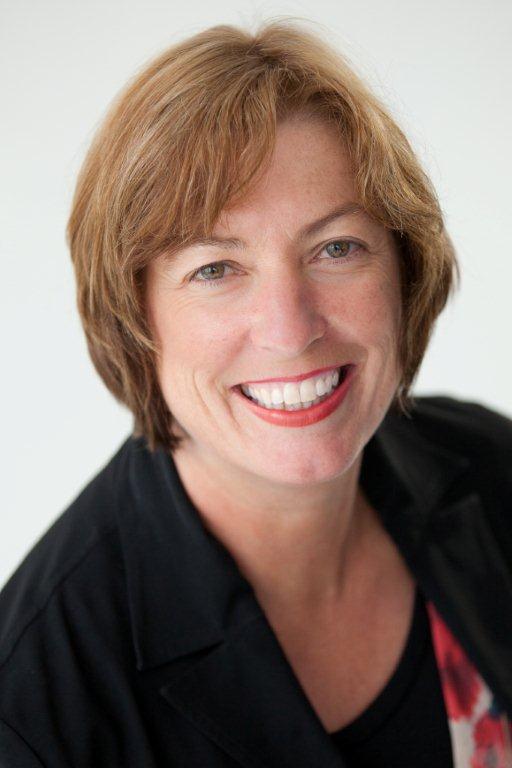 When the deadline expired on December 31, 2012, nine candidates had been nominated to replace WTO Director-General Pascal Lamy.
When the deadline expired on December 31, 2012, nine candidates had been nominated to replace WTO Director-General Pascal Lamy.
This was a few more than expected.
The candidates are Brazilian WTO Ambassador Roberto Azevedo, Costa Rican Trade Minister Anabel Gonzalez, Ghanaian former Trade Minister John Kyerematen, Indonesian Tourism Minister Mari Pangestu, Jordanian former Trade Minister Ahmad Tougan Hindawi, Kenyan Amina Mohamed, currently Deputy Executive Director of the UN Environmental Programme and former WTO representative, Korean Trade Minister Taeho Bark, former Mexican Trade Minister Herminio Blanco and New Zealand Trade Minister Tim Groser.
Some surprises
Several nominations were unexpected.
Ms Pangestu surprised many, even in the Indonesian system.
While a Korean was expected, Mr Bark, who has very little experience, was not the name anticipated.
The Jordanian was also unexpected.
Mr Groser and Mr Blanco are probably the most technically capable.
Ms Gonzalez looks good on paper – former trade diplomat, former head of the WTO Agriculture Division and from a developing country, but with experience, one tends to attract both supporters and detractors.
The complexity
The slate is being analysed in many ways.
At a technical level, Mr Groser and Mr Blanco stand out.
The former however has several challenges. He has to deal to the fact that Mike Moore had the job quite recently. He is also from a developed country. Many believe that the next turn is of the developing world.
There seemed a chance that Mr Groser would be the sole candidate from Asia, but Ms Pangestu and Mr Bark have put paid to that possibility.
At one stage, it seemed that Mr Groser would be supported by all the WTO members from ASEAN but now with Ms Pangestu in the running, this may change.
Mr Blanco faces the problem that Mexico currently has the top job at the OECD.
He will also be seen as too close to the US by Brazil, India and some others.
Ms Pangestu is well known to many New Zealanders. She was Indonesian Trade Minister before last year’s reshuffle. She worked on APEC and PECC matters for many years.
She is a graduate of the Australian National University.
On paper, she is great, but we are told that those who know her well have concerns – she is not the person to push hard to a re-launch of WTO negotiations.
Mr Bark is too new to the trade policy game to be a serious contender, while Korea has the UN backing. Mr Hindawi is considered a long shot without a sufficient international profile.
This too is the problem for Mr Azevedo and Mr Mohammed, who have not held Ministerial rank. Mr Kyerematen has been endorsed by the African Union, but Mr Mohammed entering the race complicates his chances.
Substance vs Politics
This race would turn out to be one that sees substance fighting UN style politics.
The WTO has been different to the UN up until now, but some see things as changing more the UN way.
If this were all about substance, there would then be a straight contest between Mr Blanco and Mr Groser.
With the selection race now underway, eyes are turning first to Davos and then to Geneva where all nine candidates will address the membership.
By the end of March, a selection committee comprising WTO General Council Chair Elin Johansen of Norway, Dispute Settlement Body Chair Shahid Bashir of Pakistan and Trade Policy Review Committee Chair Munoz Gomez of Colombia will willow the list down to three.
The paradox
Will Mr Groser’s move to the WTO be an advantage for New Zealand?
Probably not, as he will have to go an extra mile to prove that he is not favouring his home country.
But Mr Groser would be a very good Director-General for the organisation.
He would work hard to restore the WTO’s credibility and re-launch negotiations.
He would believe that he could achieve these outcomes.
Mr Blanco is the only other candidate who could achieve these outcomes.
If Mr Groser gets the role, that begs the question, “Who would take his Trade Minister role in New Zealand?
It is a role into which he has applied boundless energy and combined with his international connections and deep understanding of trade negotiations, he would be a hard act to follow.
Catherine Beard is Executive Director of ExportNZ based in Wellington. A related report appeared in our January 15, 2013 issue.






